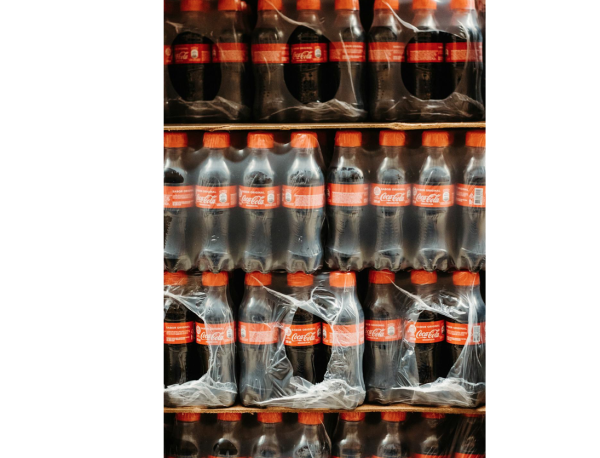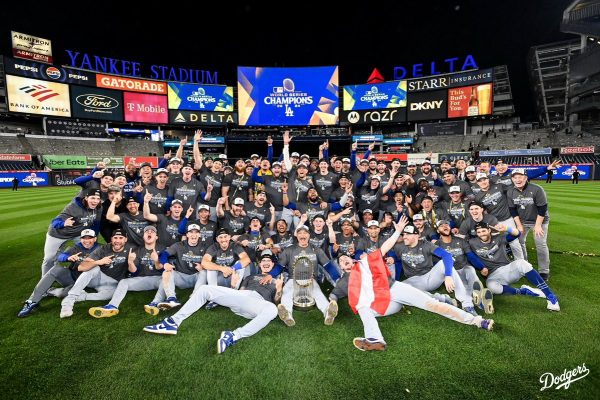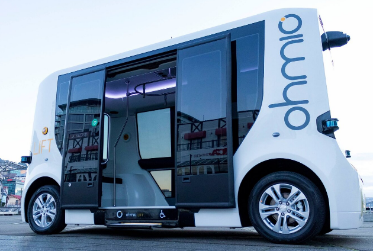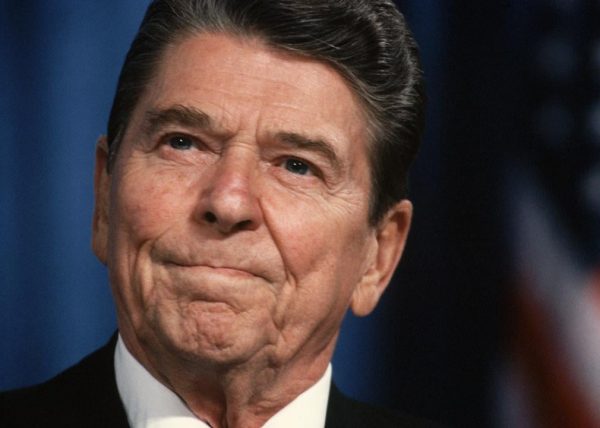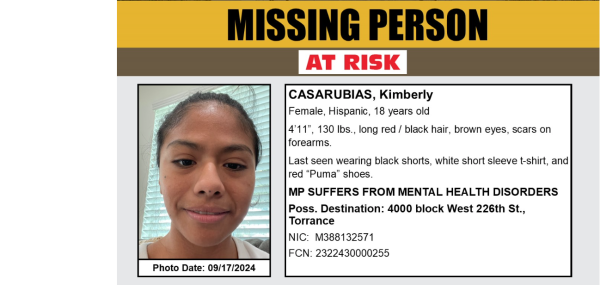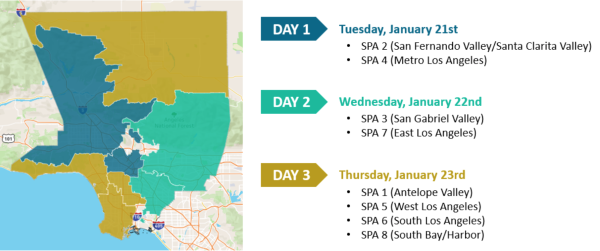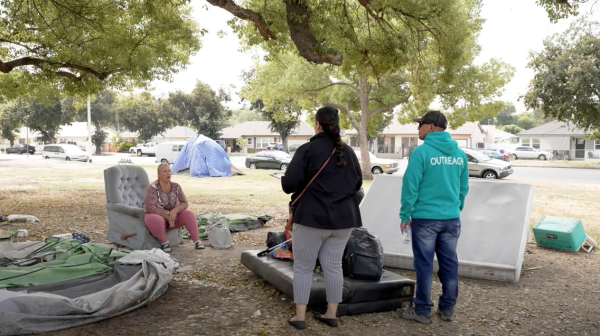Los Angeles County filed a lawsuit Wednesday against PepsiCo Inc. and The Coca-Cola Co. over the bottling giants’ role in plastics pollution and alleged misrepresentation of plastic recyclability.
County officials also contend Pepsi and Coca-Cola failed to disclose significant harmful impacts to the environment and public health associated with using plastic beverage containers, according to the lawsuit.
The lawsuit, filed in LA County Superior Court, accuses the companies of falsely claiming that plastic containers are recyclable despite knowing that plastics can’t be readily disposed of without pollution. Producing, disposing and recycling plastic create greenhouse gas emissions and negative environmental impacts, officials said.
“Los Angeles County is committed to reducing the use of plastic and protecting the environment,” Board of Supervisors Chair Lindsey Horvath said in a statement. “Coke and Pepsi need to stop the deception and take responsibility for the plastic pollution problems your products are causing. Los Angeles County will continue to address the serious environmental impacts caused by companies engaging in misleading and unfair business practices.”
William Dermody, a spokesman for the American Beverage Association which represents Coca-Cola and PepsiCo, challenged the county’s assertions.
“The allegation that our packaging is not and will not be recycled is simply not true,” Dermody said Thursday in a statement to the Pasadena Independent. “Driven by the California Redemption Value bottle return and investments by America’s beverage companies, California has one of the highest bottle recycling rates in the country — 71% in 2023. Our bottles are designed to be recycled and remade and can include up to 100% recycled plastic. America’s beverage companies are proud of our leadership in California, and across the country, and will continue our partnership with the Golden State to get every bottle back.”
Coca-Cola and PepsiCo own a wide range of beverage brands, including Coke, Pepsi, Dasani, Smartwater, Fanta, Aquafina, Gatorade, 7-Up, Sprite, Vitamin Water and Mountain Dew. A trade-off for such dominant market share is the two companies have ranked as the world’s top plastic polluters for five consecutive years “with no meaningful accountability for their plastic pollution,” according to the lawsuit.
The county alleges the companies have largely contributed to plastic pollution’s emergence as a local and global crisis that threatens human health and the environment.
“PepsiCo and Coca-Cola engaged in a disinformation campaign to make consumers falsely believe that purchasing their products in single-use plastic bottles is an environmentally responsible choice,” according to a statement from County Counsel Dawyn Harrison’s office. “Because plastic does not biodegrade naturally in the environment, but rather breaks down into smaller fragments and pieces, their plastic products accumulate and pollute the County’s land and water sources, contaminating the County’s natural resources, harming the environment and wildlife, and threatening public health.”
The suit claims the companies deceived consumers by falsely promising that recycling can balance out any harm that results from disposing single-use plastic bottles.
“Coca-Cola has promised to create a ‘circular economy’ for their bottles, in which plastic bottles can be recycled and reused an endless number of times,” county attorneys said. “Similarly, PepsiCo has overplayed the recyclability of its bottles by promising that it can create a ‘circular economy for plastics.’ However, in reality, plastic bottles can only be recycled once, if at all, making promises of a ‘circular economy’ impossible. PepsiCo and Coca-Cola have also made false promises that they would increase the use of recycled plastic by certain percentages and eliminate the use of virgin plastic.”
After use, plastic containers break down into microplastics that contaminate the air, food supply, drinking water and even the human body, where microplastics are also more frequently being discovered and connected with negative health consequences, the lawsuit states.
The suit was filed in response to complaints from consumers across the county and state, officials said.
“The goal of this lawsuit is to stop the unfair and illegal conduct, to address the marketing practices that deceive consumers, and to force these businesses to change their practices to reduce the plastic pollution problem in the County and in California,” Harrison said in a statement. “My office is committed to protecting the public from deceptive business practices and holding these companies accountable for their role in the plastic pollution crisis.”
The county seeks a court order to stop the companies’ alleged unfair and deceptive business practices, restitution for consumers of the money acquired by means of the companies’ unfair and deceptive business practices and civil penalties of up to $2,500 per violation.
Dermody pointed to a similar lawsuit that the New York Supreme Court dismissed Thursday against Pepsi and its subsidiary Frito-Lay. State Attorney General Letitia James filed the suit in 2023.
The suit, which made similar claims of pollution responsibility and marketing deception, was one of several recently filed by states and municipalities against plastics companies.
In his decision memorandum, New York Supreme Court Justice Emilio Colaiacovo wrote, “It is important to note that regardless of Defendant’s aspirational goals, Pepsi/Frito Lay did not pollute the Buffalo River or any other local waterways — Other people did! Further, even if Plaintiff’s suggestion that had Defendants’ products contained different warnings was true or if Pepsi/Frito Lay used a reduced amount of plastic, there is no way of knowing that these items would not have been similarly discarded in the water. The Attorney General’s allegations are speculative. Absent the legislature passing a law or the executive branch issuing an order establishing such a theory of liability or imposing restrictions on what type and amount of plastic can be used, this lawsuit is simply policy idealism.”
A copy of LA County’s court filing is available online.
Updated Nov. 4, 2024, 8:49 a.m.

